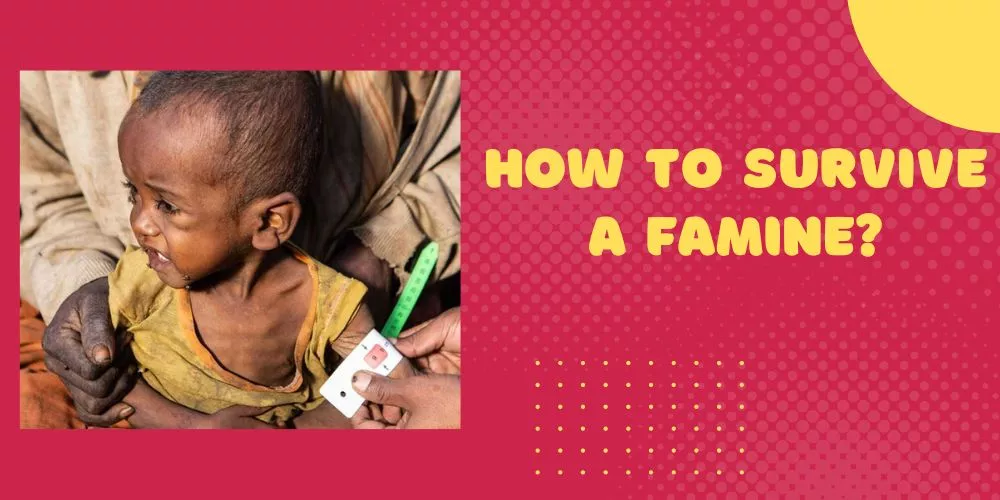It’s important to uncover the safe havens during ‘Martial Law’ in a world that often teeters on the brink of uncertainty.
This piece aims to shed light on the safest places during martial law to seek refuge.
Explore with us, the precautions to follow, the locations to consider, and how to navigate life in a time when civil rights take a backseat to national security.
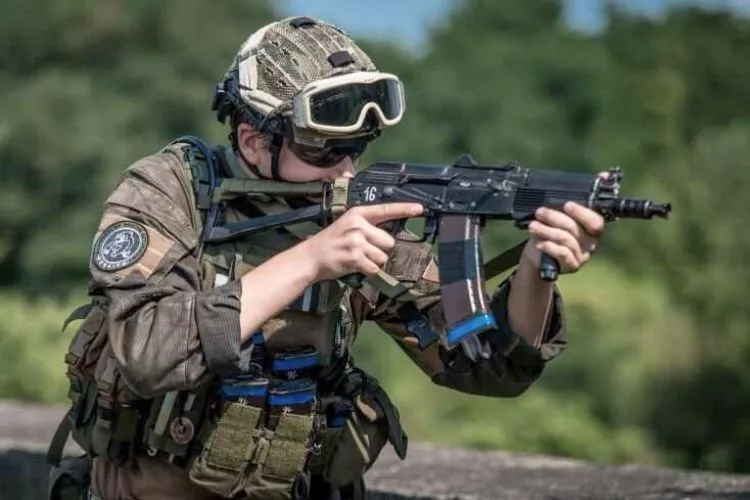
Let’s demystify the ‘Martial Law’ concept together, ensuring you’re well-equipped for any situation.
8 Safest places during martial law
Martial Law, a term that echoes through the unprecedented corridors of human history, is a measure to maintain and restore peace during intense societal unrest or armed conflict.
However, this emergency authority can also signal certain vulnerabilities for ordinary citizens.
In these uncertain times, identifying the safest places during martial law can be a matter of great importance. This guide explores potential safe havens and provides practical pointers for your safety during such circumstances.
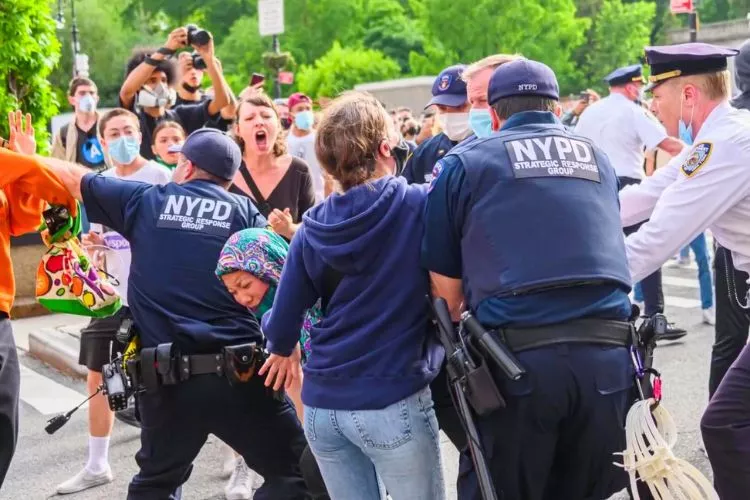
Your Own Home
First and foremost, your home can be a relative sanctuary. It offers the advantage of familiarity, strategic escapist routes, and disguised hiding spots. If you live in a suburban or rural area, it’s even better because densely populated places are usually the eye of the storm.
- Ensure a stock of essentials, water and food supplies, medical kits, and other necessities that last a prolonged period.
- Have a mental layout of your house and possible hiding spots in case of inspections or forced entries.
- Familiarize yourself with emergency exits and learn basic self-defensive techniques.
Rural Areas
Rural areas or small towns tend to be safer when cities become the epicentre of conflict. These areas often escape rigorous law enforcement due to their geographical location and lower population density.
- A more isolated farm or house in the countryside can offer relative safety.
- Be respectful and blend in with the local community if you seek refuge in a small town. It’s important to maintain a low profile.
Government-Declared Safe Zones
Government-declared safe zones or relief centers could also be your sanctuary. The state or international bodies usually monitor and secure them, adhering to certain security protocols to ensure public safety.
- Stay informed about the latest updates and declarations from authorities regarding these safe zones.
- Ensure you have vital documents (like your ID, passports, etc.) if you need to move.
Embassies and International Organizations
Finally, international non-governmental organisations’ embassies (for foreigners) and facilities can often be considered safe havens as they are governed by international law.
- Foreigners should keep contact with their embassy and follow their guidance.
- They are likely to have evacuation plans or temporary safe housing arrangements.
Religious Institutions
In turbulent times, religious institutions like churches, synagogues, mosques, and temples often become places of refuge. They are traditionally seen as sanctuaries and are sometimes respected by the enforcers of martial law.
Remember, though:
- Respect the customs and traditions of the institution
- Follow the instructions of the institution’s authorities
Remote Natural Locations
Remote natural locations, such as forests or mountains, can offer safety. The key advantages are low population density and inaccessibility, making them less affected by societal unrest.
However:
- Ensure you have the necessary skills for survival in these conditions
- Take basic medical supplies and food and water provisions
Private Shelters
Individuals who have constructed private shelters or bunkers may offer one of the safest retreats. These structures are often built to withstand various crises and are equipped with supplies.
But:
- Connections with such individuals or communities are usually necessary
- Always respect the rules established by the shelter’s owner
Community Centers
Often, community centers are converted into safe zones due to their infrastructure and resources. These can include schools, town halls, or other public buildings that can accommodate a large number of people:
- Remain up-to-date on the status of local centers in your area
- Follow all guidelines put in place by these centers to ensure everyone’s safety
During martial law, updated knowledge, quick decision-making, mixing caution with courage, and being prepared can contribute a lot to your safety.
It’s advisable to be aware of your civil rights, to make the best decisions in challenging situations, and to protect yourself and your loved ones from potential risks. Be alert and stay safe!
What are my rights during martial law?
During martial law, civilian rights may be considerably altered or suspended as the military takes control of governing law and order.
The concept of martial law in the U.S. is closely tied to the right of habeas corpus, which is, in essence, the right to a hearing and trial on lawful imprisonment. However, during martial law, habeas corpus can be suspended.
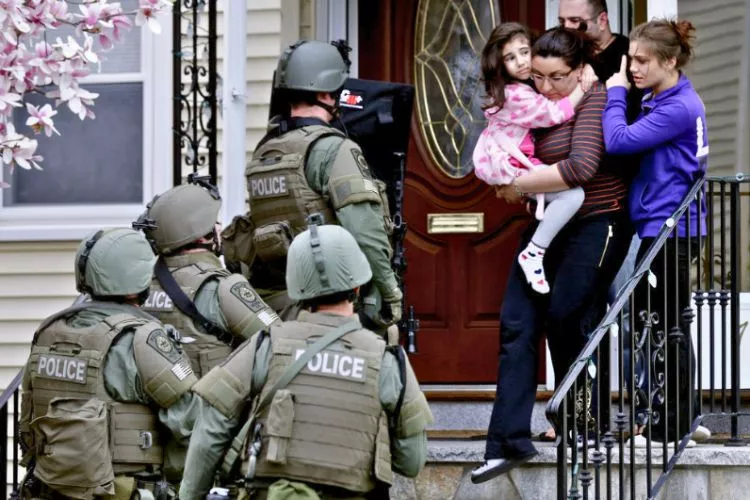
Interestingly, one of the misconceptions encountered is that one might not hear the official declaration of martial law. It can be inferred from measures such as the suspension of the U.S. Constitution, civil rights, and implementation of mandatory cooperation with search and seizure without warrant.
Individuals may face military tribunals instead of civilian courts if accused of defying martial law. It’s crucial to note that the situation can vary widely depending on the extent and nature of the martial law being imposed.
Please bear in mind that while this provides a general overview, the precise outcomes can greatly vary, and professional advice should be sought if you find yourself in such a situation.
What to do if martial law is declared?
If martial law is declared, there are several steps you should take to ensure your safety and preparedness:
- Stay Informed: Keep updated with latest news and instructions from authorities.
- Adhere to rules and regulations: Under martial law, everyone is expected to follow the same rules, no questions asked.
- Prepare for lifestyle changes: This could include curfews, media blackouts, commandeering of businesses, suspension of civil liberties, controls on sales of certain items, and potential control of health facilities and emergency services.
- Ensure Survival Needs: Stockpile food, water, medication, and other supplies in case of shortages or restrictions on movement.
- Emotional Preparedness: Martial law can be a stressful situation. Maintaining emotional well-being, staying calm, and reacting thoughtfully to the situation is vital.
To survive martial law, it might help to anticipate the lifestyle changes it might bring, comply with regulations, stay informed about the evolving scenario, be physically and emotionally prepared, and remember that this is a temporary phase.
What would happen if the US was under martial law?
If the United States is under martial law, the implications would be widespread, altering life at multi-faceted levels. Here’s a brief extract of potential happenings:
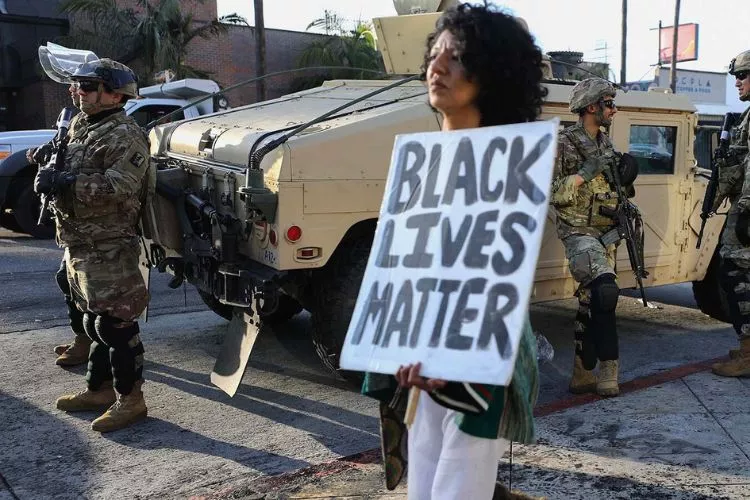
- Suspended Civil Liberties: In extreme cases, martial law may involve the suspension of civil liberties, including freedom of speech, the right to assembly, and privacy rights. However, it should be noted that this would face immense legal and societal opposition, as they are protected under the United States Constitution.
- Military Governance: The military becomes the governing entity, with the authority to impose direct control over civilian functions. National and state leaders may lose their governing powers.
- Curfews & Restricted Movements: Authorities could implement strict curfews and regulate the movements of civilians to maintain order.
- Resource Distribution: The distribution of resources (e.g., water, food, medical supplies) could be controlled by the military.
- Media Management: Restrictions may be imposed on media, including censorship or total shutdowns for controlling the dissemination of information.
- Writ of habeas corpus: The writ of habeas corpus can be suspended, denying individuals the right to a court hearing for unlawful detainment.
Overall, repercussions of martial law in the U.S. would significantly impact the nation’s governance, civil liberties, and normal course of life.
It’s worth noting that actual outcomes would depend on the factors prompting martial law and the extent to which it’s implemented.
What happens to civilians during martial law?
Civilians bear the primary brunt of martial law as the normal course of life becomes disruptive. Here’s a glimpse of what could happen to civilians:
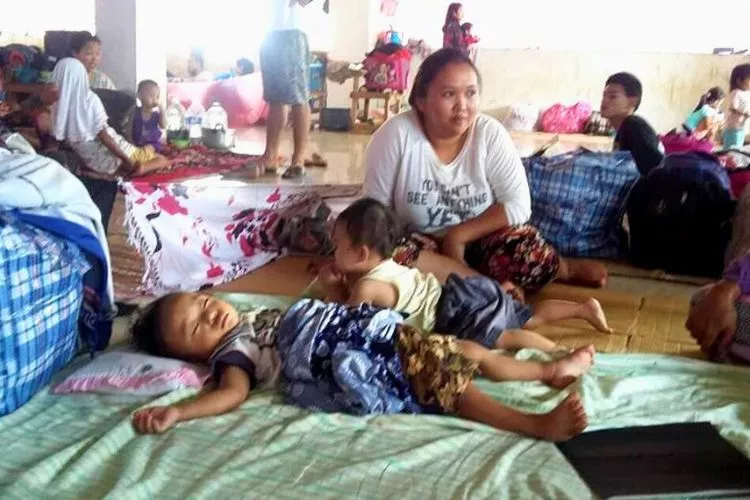
- Loss of Rights: Civil liberties and constitutional rights may be temporarily suspended, including freedom of speech, assembly, and privacy rights.
- Movement Restrictions: People may face significant restrictions in their daily movements due to curfews and check-posts.
- Resource Accessibility: Access to food, water, and other essential resources could be regulated, which might lead to shortages. In some cases, basic utilities and other services might also be disrupted.
- Military Tribunals: Individuals accused of crimes might face trial in military tribunals instead of civilian courts.
- Property Seizure: Private properties may be seized or occupied for military purposes.
- Lifestyle Transformation: Everyday work and life activities could change substantially, directly influencing the economic, social, and psychological aspects of a civilian’s life.
It’s important to emphasize that by understanding the rights and duties under martial law, civilians can better prepare themselves and navigate these challenging circumstances cautiously.
Conclusion:
Finding the safest places during martial law involves staying informed, planning, adapting to changing circumstances, and adhering to authorities’ orders.
Religious institutions, remote natural locations, private shelters, and community centers provide potential refuge.
However, it’s crucial to respect these institutions’ customs, rules, and guidelines for your safety and others. Remember that martial law is temporary, and remaining calm, vigilant, and prepared can help you navigate these challenging times more effectively.

